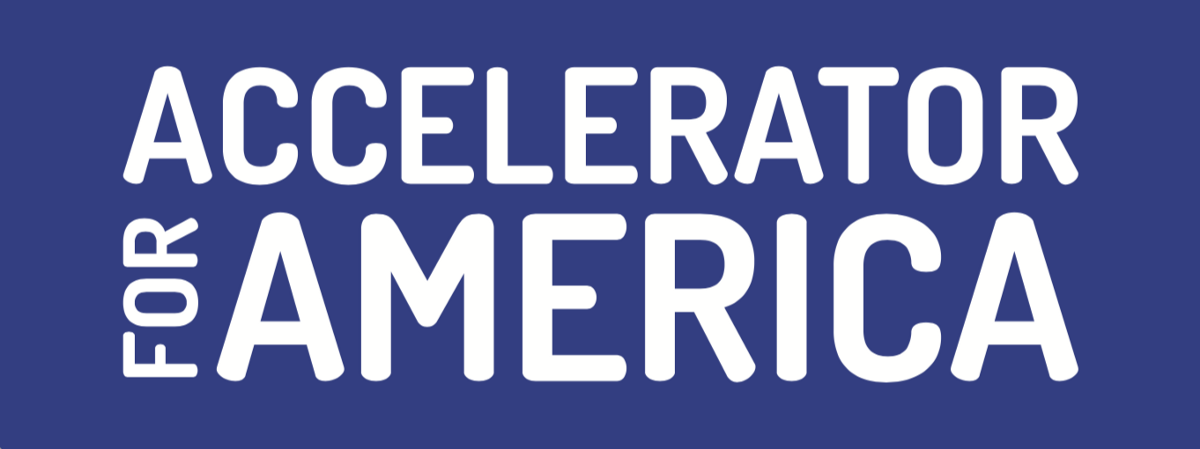“They Get Hit Twice”: How the Loss of White-Collar Jobs Drains Our Cities
For many, the words “factory town” conjure up images of rusted-out machinery and abandoned smoke stacks. But a new report by the Associated Press finds that aging industrial cities may suffer just as much—or more—from vanishing white-collar jobs.
After reviewing Labor Department statistics dating back to 2008, AP found that 80 percent of our nation’s communities have watched white-collar jobs disappear faster than those in production, craft, manufacturing, and transportation services.
That means offices are going dark alongside factory floors, from Birmingham, Alabama to Sheboygan, Wisconsin:
”That’s one of the most painful aspects of the economic decline of these manufacturing centers: They get hit twice,” said Enrico Moretti, an economist at the University of California, Berkeley. “First, they lose the factories. But second, and most importantly, they lose everyone who was supportive of those factories.”
It’s that second hit that increasingly matters nearly four decades since U.S. manufacturing employment peaked. Without a foundation of white-collar jobs, it becomes difficult for these areas to reinvent themselves in an era when the economy more and more requires specialized knowledge and technological skill.
Now, civic and business leaders in traditionally blue-collar towns are setting their sights on attracting a different kind of worker: white-collar professionals.
Take Erie, Pennsylvania, for instance, where a private $40 million effort is underway to revitalize retail and apartment infrastructure downtown and lure talented, young workers more interested in tech than the assembly line. This is exactly the type of forward-thinking strategy that Accelerator for America is championing to invigorate local economies and improve the lives of everyday Americans.
The focus on young professionals comes at a critical time when industrial communities are witnessing the next generation leave town and pour into big cities, taking talent, ideas, and tax dollars with them:
White-collar workers are increasingly shifting from smaller cities and settling in such thriving metro areas as Seattle, Nashville, Chicago and Silicon Valley. As those higher-paying occupations become more highly concentrated, the wealth they generate is less likely to filter through the rest of the country to areas with a long-standing legacy of manufacturing. And while Trump and other political leaders vow to boost businesses with tax cuts, lower taxes may do little for communities with fewer white-collar workers who could plow them into new businesses.
Truly lifting up our communities and American families requires a focus on what people need to stay or come to a city and thrive. Connect with us on Facebook and Twitter to learn more about our work.

